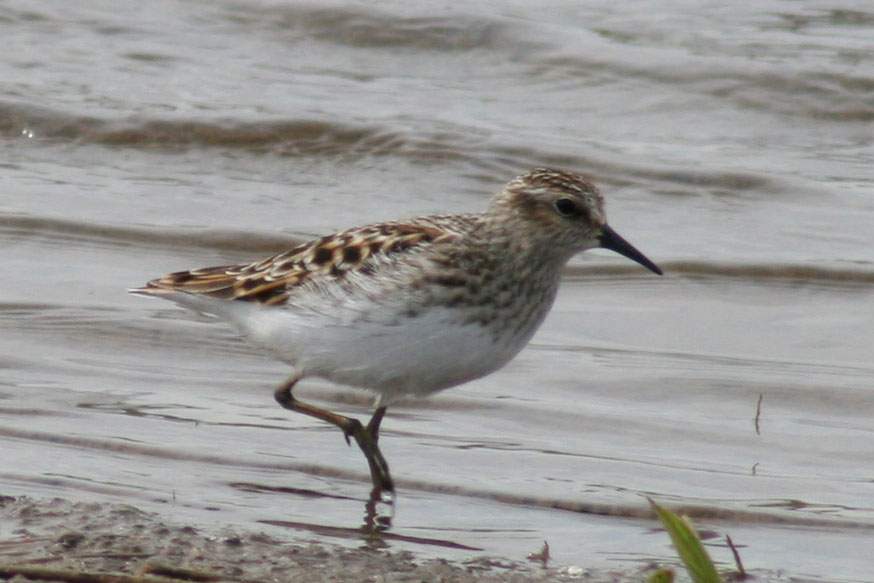
When it comes to "make it or break it" moments, the male sandpiper is a whiz at wakefulness.
Must Stay Awake!
Scientists studied the behavior of sandpipers during their three week mating season in the Arctic. Even though the males had to perform high energy activities like chasing potential mates and repelling rivals, they hardly ever slept. The most wakeful fellow was active for 95% of the time; that means he averaged only seventy-two minutes of sleep per day!
All-Nighters
The really amazing part, though, is that sleep deprivation didn't have the same negative effects on these birds as it did for us during those pre-exam all-nighters. In fact, DNA testing proved that the males who slept the least performed the best in nature's most important "test."
You mean they fathered the most young?
Plus, these sandpipers challenge our whole understanding of sleep as a necessary restorative process that occurs each day. These birds show that under some circumstances, sleep might be better understood simply as a mechanism for conserving energy when wakefulness isn't necessary. During times like the mating season (when being awake is important), the impulse to sleep simply retreats.









